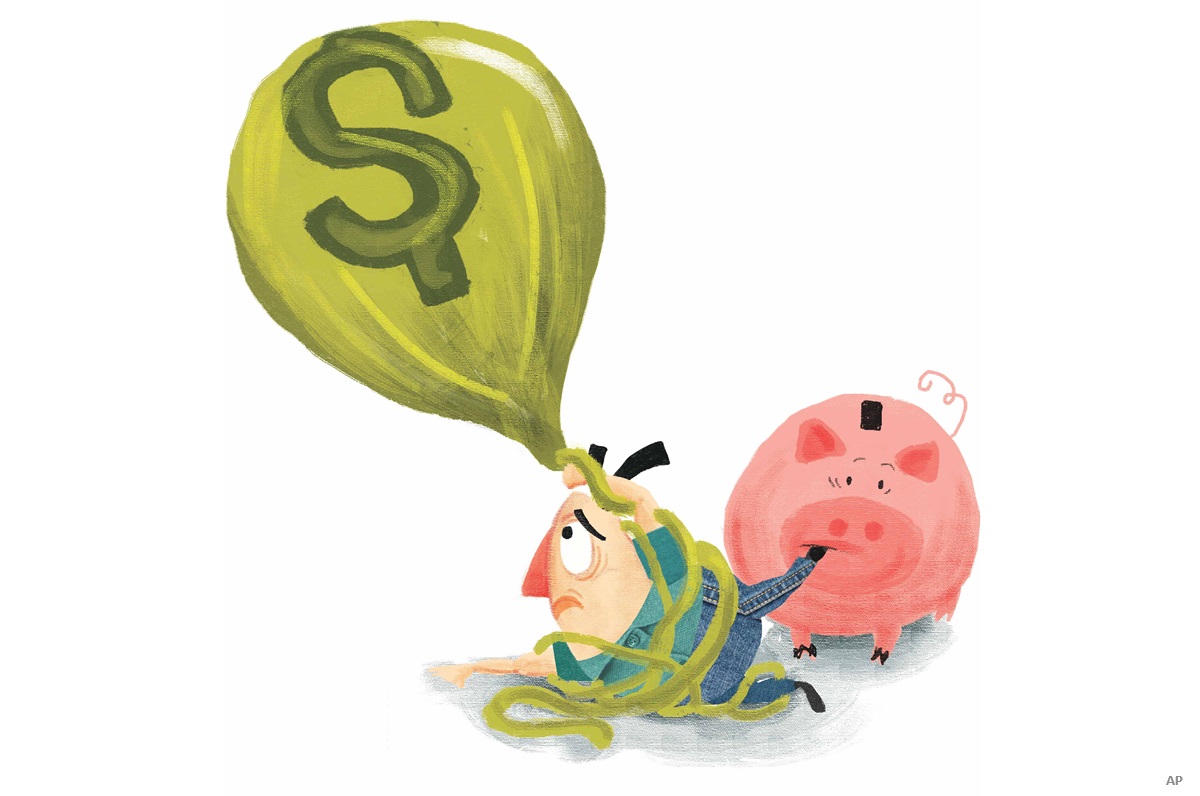
Earlier this month, Google released its Year in Search report. The most popular Google searches in Canada in 2022 were the war in Israel and Gaza, the ICC Cricket World Cup, and the Women’s World Cup. Canadians also wondered why moose shed their antlers. Here’s the answer in case you were wondering.
What about Morningstar.ca? This year, just like we did last year, and the years before, we decided to show you the most popular mutual funds on Morningstar.ca. Before we get into the actual securities, though, let’s look at how popularity itself impacts stock prices.
My colleagues Paul Kaplan, Thomas Idzorek and James Xiong, along with Yale’s Roger Ibbotson wrote a book called Popularity: A Bridge Between Classical and Behavioral Finance, in which they say, “We believe that most of the best-known market premiums and anomalies can be explained by an intuitive and naturally occurring (social or behavioural) phenomenon observed in countless settings: popularity.” Simply put, investors are willing to pay more for securities with popular characteristics and less for securities with unpopular characteristics.
10 Most Popular Canadian Mutual Funds of 2023
With that said, let’s take a look at our most popular mutual funds. Most of the funds on the list have a Morningstar Medalist Rating, but none earned a coveted ‘Gold’ rating. There are a few Silver-rated funds on the list, though, which you will find here:
“It is interesting to see the variety of funds that were popular this year. We see a mix of balanced and equity funds as well as income-oriented and thematic funds. What probably surprises me the most is that there are no fixed income funds on the list. With yields rising, fixed income funds tend to become more popular,” said Danielle LeClair, director of Manager Research for Morningstar Canada
Index Funds vs. ETFs
Eagle-eyed investors would have noticed index funds on the mutual fund list both this year and in years past. You might think that index funds are the same as exchange traded funds, or ETFs. But the two are not the same.
“Effectively, there is nothing different about a Nasdaq index fund and a Nasdaq ETF aside from its fee and how it is traded. Mutual funds do tend to be more expensive, and in this case, the CIBC Nasdaq Index Fund’s 1.26% MER is well above three Canadian listed ETFs that track the same index: BMO Nasdaq 100 Equity ETF (ZNQ) charges 0.39%, Horizons Nasdaq 100 ETF (HXQ) charges 0.28% and Invesco Nasdaq 100 ETF (QQC) charges 0.20%. Mutual funds are also priced once at the end of the day whereas ETFs can trade throughout the day which some investors may prefer,” LeClair said.
Fees matter. In fact, fees are often a key predictor of success, which is why Morningstar often assigns higher ratings to cheaper versions of the funds.
Fees Are a Crucial Predictor of Long-Term Investor Success
So, keep an eye on the fees, or management expense ratios (MERs) of the funds. Morningstar Canada’s Director of Investment Research Ian Tam says having access to investment funds with low fees is vitally important to the long-term success of the Canadian investor.
“In essence, the fees paid take away from what the investor gets in her pocket which can be substantial when compounded over the investment time horizon. It would serve investors well to pay close attention to not only management fees (paid to the portfolio manager) but also any trailer fees or other one-time commissions (paid to advisors), especially if the investor doesn't feel like she's getting good value for the advice that is received. Advice is valuable, but only if you receive it,” Tam warns.
Why Does Fidelity Global Innovators Have Two Funds on the List?
The Fidelity Global Innovators Fund has two entries on the list – the A-0series, as well as the F-series. Different share classes indicate different distribution channels. The Series A fund is a commission-based product, which means there is a bundled fee that includes the management fee, operation fee and cost of financial advice all in one. The Series F fund is a fee-based product which means the fees charged exclude the cost of financial advice.
“Generally speaking, Series F funds are used by advisors who charge a separate fee on top of the funds’ fees,” explains LeClair.
The A-series fund earns a Neutral rating, while the F-series earns a Silver-rating. LeClair attributes much of the fund’s success to its lead manager, Mark Schmehl.
Mark Schmehl joined Fidelity in 1999 as a research analyst covering a wide range of industries and quickly moved up the ranks to assume more responsibilities. He has been the sole manager of the Fidelity Global Innovators Fund since its inception in 2017 but has also managed the Fidelity Canadian Growth Company Fund since 2011 and the Fidelity Special Situations Fund since its inception in 2007.
“Schmehl’s investment philosophy is clearly defined—it focuses on finding companies or sectors that benefit from secular trends behind them. His diverse investment experience complements the strategy’s requirement for fast thinking, high conviction, and familiarity across multiple areas of the market. The investment process is specific and difficult to replicate. It results in a portfolio that is different from its peers. The process focuses on two sides of the market—companies with weak fundamentals that are starting to improve and companies at the forefront of innovation—companies with high expectations. The fund has historically favoured the latter, resulting in a notable momentum bias, but Schmehl has demonstrated skill navigating its high-octane nature with required high conviction and consistent execution,” LeClair explains.
She does warn, though, that although Schmehl intends to manage the fund for years to come, it carries a strong key-person risk: The fund is unlikely to exhibit similar returns under a different manager.




















